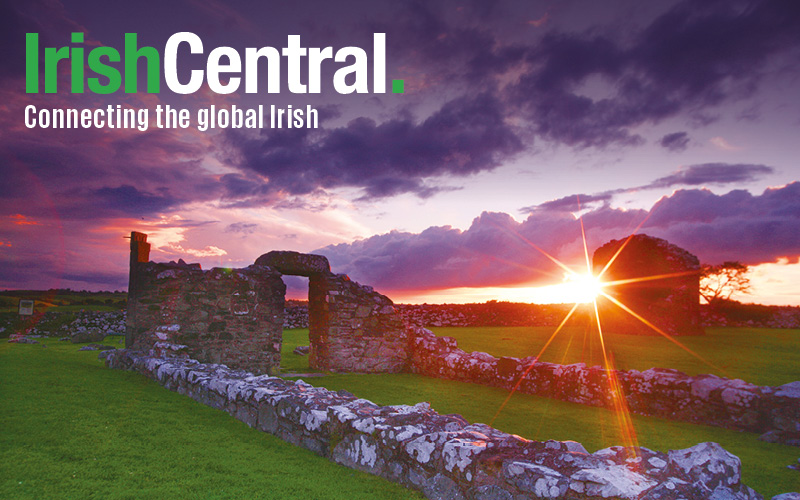The Irish and African American issue in Chicago is among the most contentious political dynamics in American politics.
It was evident in the relationship between Barack Obama and William Daley who was his Chief of Staff until he was ousted yesterday. The two never really got along.
Perhaps there were too many ghosts to vanquish.
A controversial new book by NY Times journalist Jodi Kantor titled “The Obamas” quotes First Lady Michelle Obama, a South Side of Chicago native as being very hostile to the Irish American power families who ran Chicago for generations.
The hostility ran both ways. Richard J Daley, his son Richard M and Bill Daley all had their roots in Bridgeport, the Irish working class South Side enclave where Mayor Richard J. Daley lived all his political life.
-----------------
Read more:
More US politics news from IrishCentral
Michelle Obama felt Irish American political leaders had far too much power
Ireland to witness Northern Lights spectacular in coming weeks - VIDEO
-----------------
After World War II and large immigration, Chicago was self segregated into ethnic neighborhoods and tension between Irish and Poles, Irish and Italians, Irish and blacks and all ethnic groups occasionally flared, especially in contested territory
The history of the Irish and blacks in and around Bridgeport is an especially troubled one. I lived in Chicago for a time in the 1970s and was amazed how raw the sense of injustice and fear still was among Irish residents. It was especially evident in Bridgeport I found.
There was a long history in Bridgeport. In 1961 a hotel in the neighboring Black district called “The Douglas” caught fire and eighty elderly residents were moved temporarily to Bridgeport to a Lutheran church there.
As Adam Cohen and Elizabeth Taylor wrote in their book on Richard J. Daley called “American Pharoah” an angry Irish mob surrounded the church demanding that they be sent back to their own neighborhood.
But what was called racism was often also an economic issue. Irish neighborhood dwellers told me they believed if blacks moved in the neighborhood would decay and property values would crash. Their homes, usually their only source of accumulated wealth would lose their value.
Mayor Richard J Dailey did very little for black/white relationships during his time in office and will always be remembered for his outbursts at the 1968 Democratic convention when civil rights and Vietnam War protesters threatened to overwhelm his police force.
After Daley died ,Chicago elected its first black mayor Harold Washington who promised reform but he died of a heart attack soon after taking office.
It galled many blacks, who make up 36 per cent of the population, that Daley’s son took over and lasted longer than the old man, serving from 1989 to 2011.
During that time he encouraged the political rise of a community worker from the South Side named Barack Obama, hardly dreaming that he would someday end up in the Oval Office.
Richard’s Bill brother would become Obama’s Chief of Staff at the White House but the relationship never clicked.
Perhaps the old South Side ghosts were always present, or perhaps, best known as a conciliator, Bill Daley was stranded in a time of fierce political hostility when his gift for reconciliation of opposing views was useless.
Either way, it is the latest in a fascinating chapter on Irish and black relations in Chicago and on this occasion in the White House.




Comments